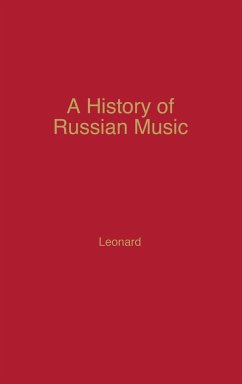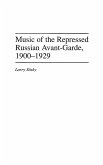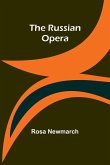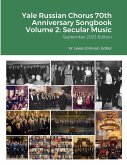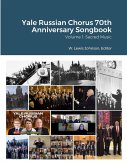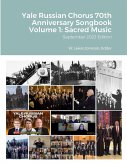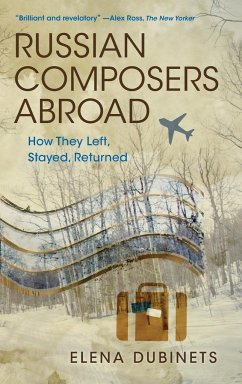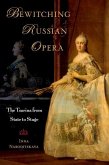From the origins of Russian church music, which was in reality an importation of the Byzantine chant in the 10th century, to the influences of Communist policy on artistic activity this is an efficient, appreciative study, though not enlivened by the sense of colorful detail that might have brought it to a broader audience. Perhaps it is, however, the only study that treats Russian music so completely in a single volume. Mr. Leonard divides his subject into two ages and the material on the first, that of church music, is necessarily scarce because of what little is known and because of the ban on secular music which endured for so long. The second age began with Glinka and it is with him and the dozen or so prominent composers who followed that virtually the whole book is concerned. Glinka did not begin to write until the early 19th century but he was the first "identifiable genius" of Russian music. Italian opera inspired him but, instead of adopting the foreign influence as his own, Glinka chose elements from it to blend with his own national feeling, a principle which was to guide Musorgsky and Borodin, Rimsky-Korsakov and Tchaikovsky after him. Mr. Leonard comments on all of these men thoroughly- on their backgrounds, their predilections for different kinds of music, the development of their techniques and the events and emotions important in their lives. Notable in the "second generation", and the contact with modern music, are Rachmaninov and Stravinsky, Stravinsky being the most prominent to renounce Soviet Russia. Prokofiev and Shostakovich on the other hand did not and the comments on them as both voluntary and inadvertent products of the Soviet scene offer insight into the curious mixture of conformity and originality ideological pressures have brought about. Informative and thorough. Fine for students, collectors and listeners. (Kirkus Reviews)
Hinweis: Dieser Artikel kann nur an eine deutsche Lieferadresse ausgeliefert werden.
Hinweis: Dieser Artikel kann nur an eine deutsche Lieferadresse ausgeliefert werden.

